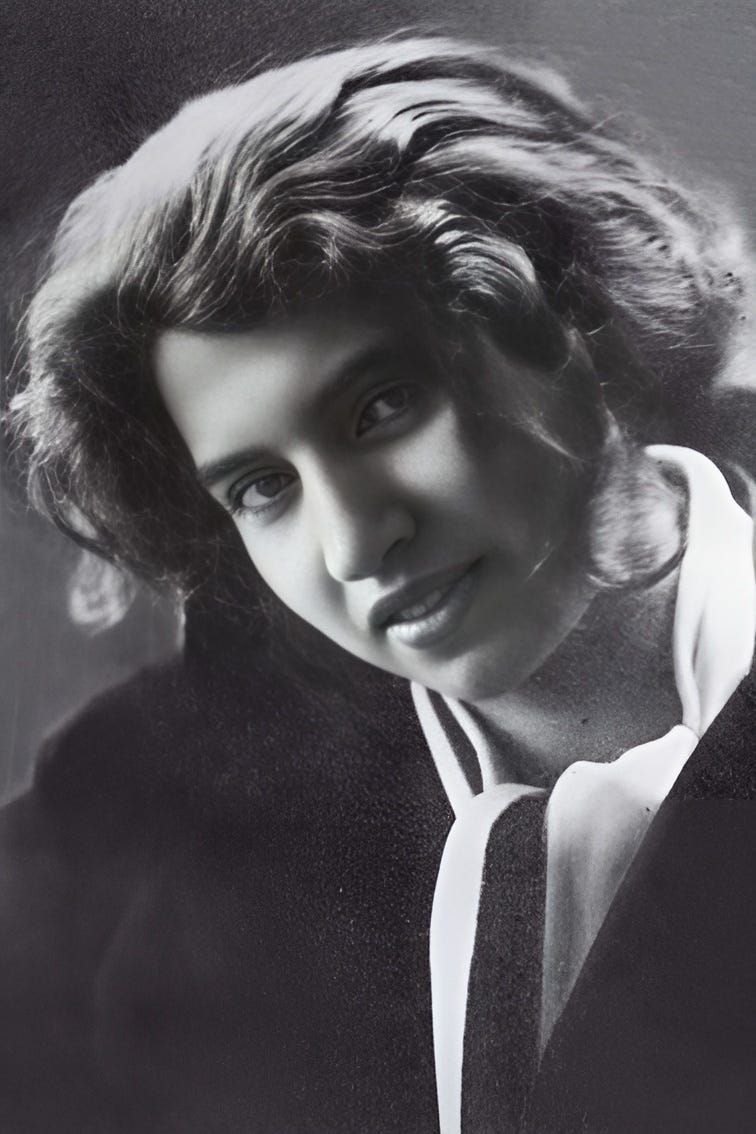Kafka and the Traveling Doll
The fabled encounter of Franz Kafka: truth or fiction?
At the age of 40, Franz Kafka — who never married and had no children — was walking through a park in Berlin when he met a young girl who was crying because she had lost her favorite doll.
Kafka offered to help search for the doll and then told her to meet him there the next day.
That evening, he wrote a letter from the doll’s perspective, which he read to the girl when they met again the following day.
The letter said: “Please don’t cry. I took a trip to see the world. I will write to you about my adventures.”
During their meetings, he read to her from these carefully written letters, vividly describing the doll’s imagined adventures that the girl found adorable.
After three weeks, Kafka returned with a doll he had bought, telling the girl that her friend had finally returned to Berlin.
“It doesn’t look like my doll at all,” said the girl.
Kafka then handed her another letter in which the doll wrote: “My travels have changed me.” Comforted, the little girl hugged the doll and brought it home.
A year later Kafka died.
But it wasn’t until she was an adult that the girl discovered a letter signed by Kafka inside her cherished doll.
The letter read: “Everything you love will probably be lost, but in the end, love will come back in another way.”
Fact or Fiction?
This beautiful story is based on the memoirs of Dora Diamant, the last partner of Franz Kafka.
There are many versions of "Kafka and the Doll," including several graphic novels, articles and children books, each with slightly different developments and, in some cases, even alternative endings.
However, despite extensive efforts by scholars, no concrete evidence of the story — such as the original "doll" letters — has ever emerged.
So what happened to the little girl and her correspondence with Kafka?
It’s possible the girl passed away many years ago and that Kafka never gave her the originals, although there’s still a remote possibility the letters might resurface.
Dora Diamant said that in the last months of his life, “Franz wanted to burn everything that he had written in order to free his soul from these ‘ghosts.’ I respected his wish, and when he lay ill, I burnt things of his before his eyes.”
It's known that Dora kept most of his last writings secret while claiming to have burned them, but it’s also conceivable that the doll letters were lost in the flames along with some of the manuscripts that were actually destroyed.
Considering her profound admiration for the great novelist, it seems unlikely that Dora would have fabricated the encounter. As Kafka scholar and translator Mark Harman has pointed out, what motive would she have had?
While the fabled encounter of Kafka and the young girl remains unconfirmed, experts widely agree that the core elements of the story are plausible.
What is indisputable is the deep, healing power of its touching message.






Truth or fiction doesn’t matter... the message does !
Beautiful story and message.
But...
"Kafka offered to help search for the doll and then told her to meet him there the next day." In modern times, he would probably be arrested on charges of pedophilia.